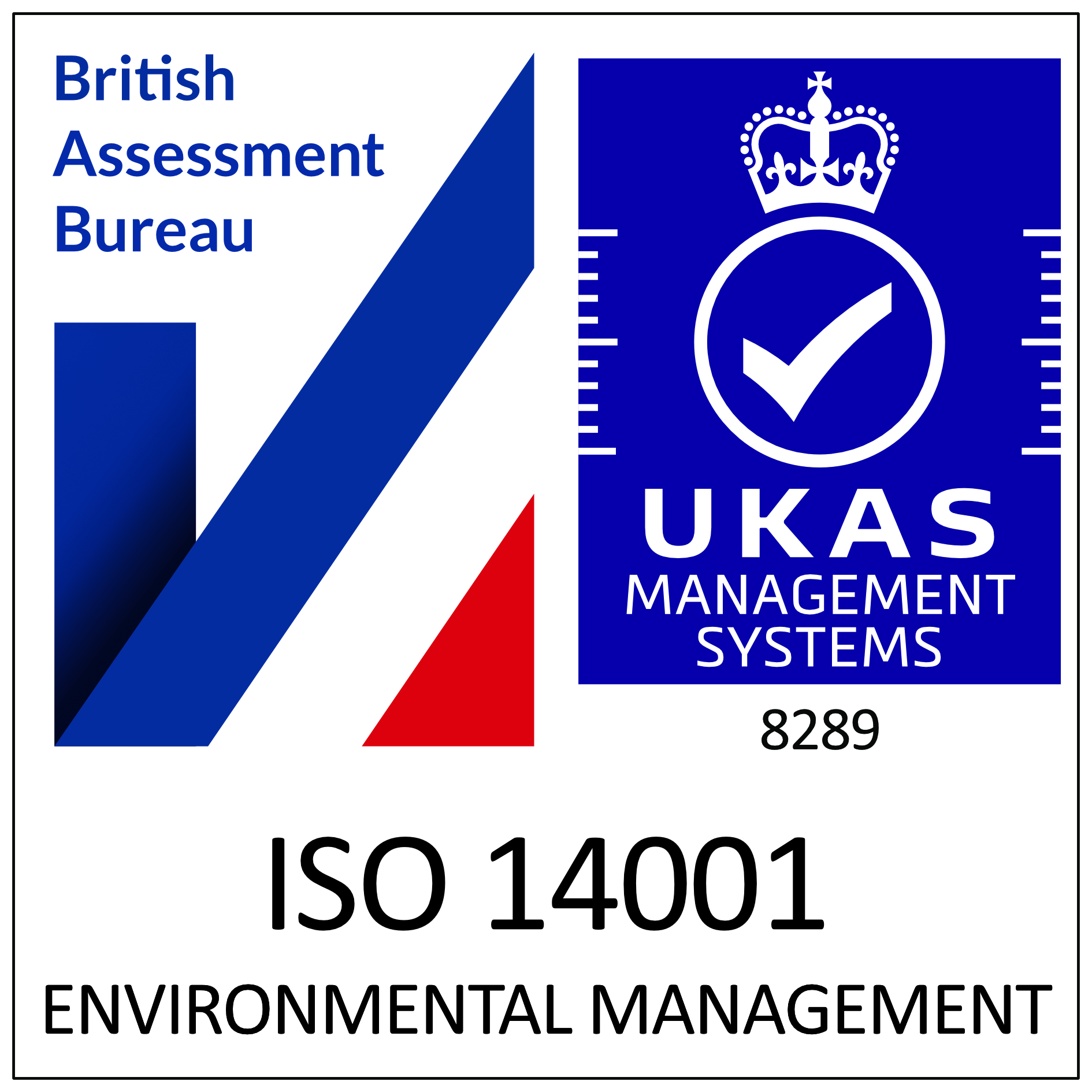2024 in the Waste Industry: Trends & Job Prospects
31 January 2024
Sustainability, AI, EPR, new regulations, and going ‘green’. There are many things that are likely to get us talking in 2024, but what does it mean for the job prospects in the waste management sector?
The waste management industry has undergone huge transformational shifts in the last few years. This has been driven by environmental awareness, technological advancements, and incoming regulations.
In our latest blog we will be discussing key trends for 2024, and the impact that these will have on the job market.
Trends for the industry
- Importance of Sustainability: the UK government’s commitment to sustainable and environmental policy has driven the industry into a new era. There is a great focus, investment, and interest in the industry. Waste management is now regarded as a key factor in the prevention of climate change.
- Increased Emphasis on the Circular Economy: the idea of the circular economy is to extend the lifespan of resources. The UK Government have proposed a Circular Economy Package which sets a target to recycle 65% of municipal waste by 2035and to have no more than 10% municipal waste going to landfill by 2035. This paves the way for more recyclable material to be kept in circulation within the waste system. Read our blog about the circular economy here.
- Extended Producer Responsibility (EPR) Compliance: the newly introduced EPR policy holds producers responsible for collection, sorting, recycling or disposal of their product packaging. This shifts the financial and operational responsibility of managing packaging waste from local authorities to producers. To be compliant under new regulation, 2024 will see businesses focusing on sustainable packaging, and efficient waste management throughout product life cycle.
- Technological Advancements: technology is becoming an integral part of modern waste management. From smart bins and waste sorting robots to advanced data analytics, technology is revolutionising how waste is sorted, collected, and processed. This automation improves recycling rates, reduces contamination and ensures a higher quality of recycled materials.
- Single-Use Plastic Regulations: the UK governments are collectively working towards reducing single-use plastics with laws having been introduced already in Wales and Scotland and England due to follow suit. 2024 should see a surge in initiatives aimed at minimising the use of single-use plastics.
What does this mean for job prospects?
The trends above have been influencing the job market in the waste sector for the last few years, and this will only continue in 2024.
Green Jobs
It is likely that we will continue to see a shift towards more ‘green’ jobs. These are jobs that help towards environmental restoration and climate change prevention. An impactful job.
Governments are pushing for more green, sustainable jobs to help combat climate change. In the UK specifically, a Green Jobs Delivery Group has been created to help create and deliver an additional 480,000 skilled green jobs by 2030.
A report by the International Labour Organization has stated that 24 million jobs could be created by 2030, with the shift towards a greener economy.
To read more about green jobs and prospects in the industry, check out our blog post here.
Upskilling
For businesses to thrive in the evolving waste management sector, they must prioritise upskilling their staff.
71% of business leaders agree that green skills will be the most important driver for the green transition. 51% of them are planning to implement green skills programmes for their workforces.
Upskilling or reskilling your existing workforce is often more viable than recruiting new employees. Hiring new skilled workers can cost up to 20% more than reskilling current employees.
The move towards green jobs presents the opportunity for your employees to grow their skills. The sector itself, as indicated above, is growing quickly and significantly, this means that you will be able to grow with it.
Working in the green sector allows you to undertake continuous learning opportunities and will provide exposure to cutting-edge technologies and practices.
New Regulations
There are also new regulations being introduced in October, which require more materials facilities to sample and report their waste.
This will result in a requirement for additional staff such as quality control or waste sampling positions. If this is something that you think will impact your business and you need to discuss the additional requirements, contact us here.
The trends that will make and shape the waste industry in 2024 present great career prospects and opportunities.
As the industry continues to evolve, professionals with a passion for waste, sustainability and innovation will play a key role in the change. If you’re looking to expand your workforce, or want advice from industry experts as to how to approach your waste management in 2024, contact us here.











